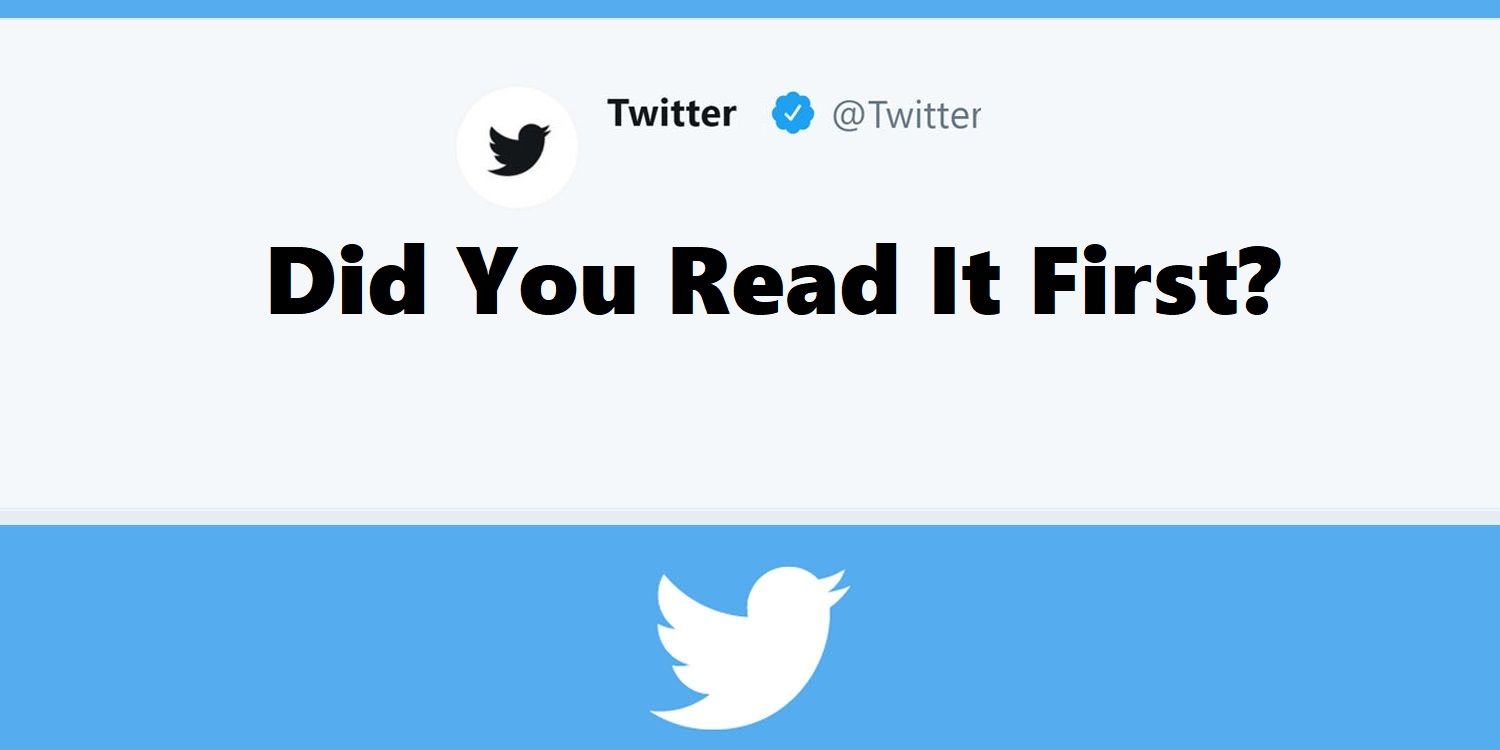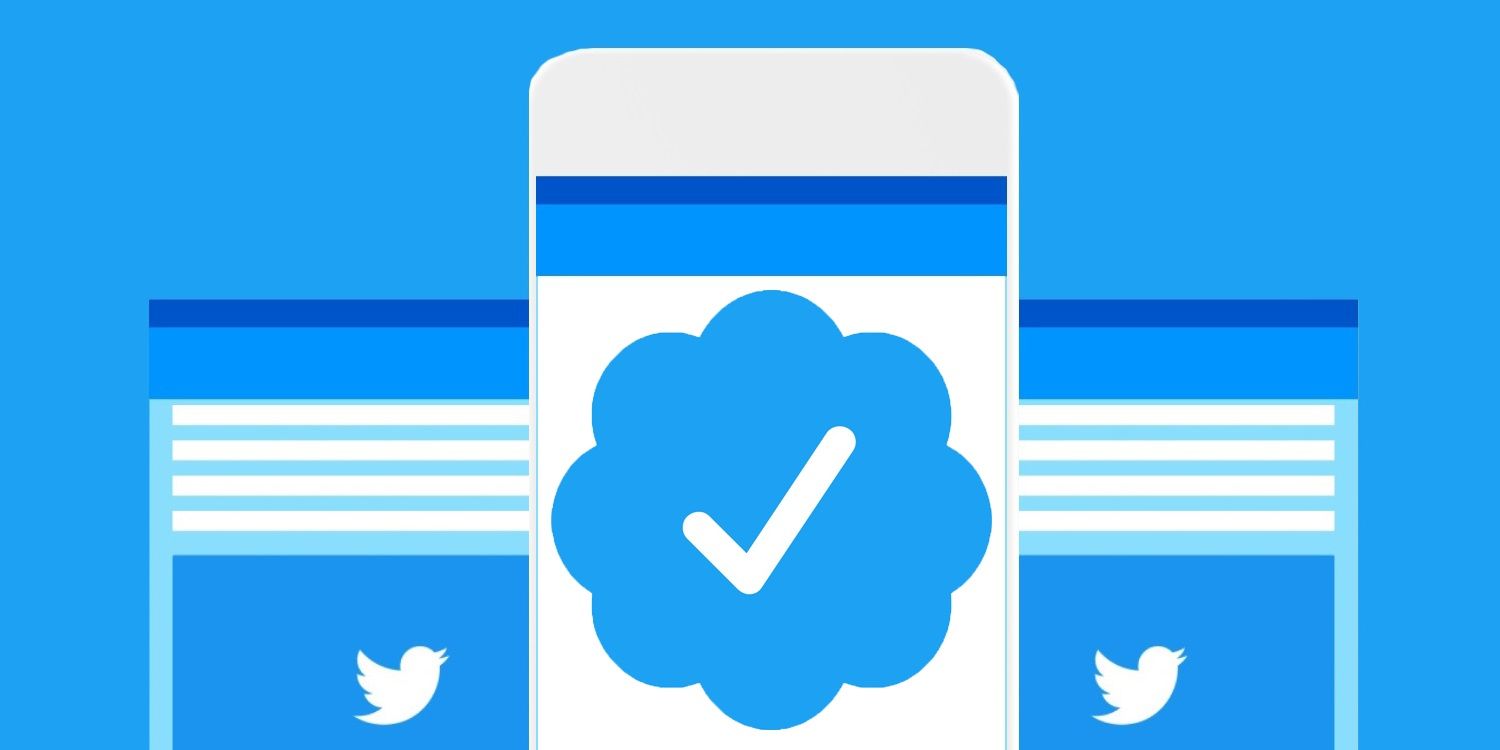
In a bid to combat the spread of misinformation, Twitter announced it is now testing a new feature for Android users that asks them if they bothered to read an article before they attempt to retweet the link. This is the latest example of the micro-blogging platform trying to cut down on the spread of misinformation.
Twitter’s been getting more hands-on with its moderation policies recently. From cracking down on bots and suspicious accounts, to introducing new labels for misinformation and manipulated media, Twitter is preparing for the onslaught of fake news and incendiary response that’s come to define the “post-truth” age. Now, the company is testing a new feature that attempts to ensure users have had the chance to think things through before they Tweet.
Through its Twitter Support account, the company confirmed it has now started to test a new feature on Android phones that asks if the user has read an article before sharing it. If Twitter believes the user may not have read the article when attempting to share it, Twitter will send a prompt asking if the user would like to open it first. Twitter said the decision was made to improve the quality of information and conversation on its platform. “We wanted to test a way to improve the health of a conversation as it gets started,” Twitter Support Tweeted. “And to see if reminding people to read an article before they share it leads to more informed discussion.”
Responding to questions from Twitter users concerned about privacy, Twitter Support clarified it is only checking if users clicked the link on the platform and won’t be looking into users' browser history. Twitter also refuted suggestions that the feature was set up to be a click-through ad revenue stream, saying, "We're not testing ad products with these prompts. They're designed to empower healthy and informed public conversation." While the test is starting on select Android phones, it is expected to be releasing to a wider base, providing it is deemed successful.

Twitter’s decision to encourage its customers to think twice before engaging with its product is a unique approach to user design in a capitalistic market, especially given that the prompt will be routing users off-site. A 2016 Columbia University study suggested that 6 out of 10 people will retweet an article before they read it, so one could see how Twitter came to its decision. By focusing on the health of the conversation, Twitter is placing emphasis on the quality of its product over broad market appeal. It’s a decision that will encourage a specific type of customer, though it’s unclear at the moment if the prompt will attract a more thoughtful base or simply alienate reactionaries. People with allegiance to truth and fact-checking will see the reminder as a convenience because, of course, they should read the article before posting. However, the decision has its detractors as well, who believe Twitter is overstepping its bounds by attempting to mediate how opinions are formed, as well as which opinions are worth sharing.
While it’s tempting to deride any moderation of content on a traditionally free-form platform, it also goes without saying these days that social media’s old model wasn’t sustainable. Its original laissez-faire approach towards its users’ content was a great way to inspire creativity and free exchange of ideas, but it left it vulnerable to forces that learned how to game the system, often with destructive and malicious propaganda. Twitter’s response to pivot towards acting as a facilitator of conversation, rather than as a blank slate, is consistent with the new phase of social media’s evolution. It also bears as a reminder that Twitter’s role in social media has changed, and its recent push towards fact checking and information quality assurance is consistent with its rebranding as a news app in 2016. In this regard, the evolution has been remarkably slow.
Whether or not the feature will have any effect has yet to be seen. Especially as it may never be rolled out beyond its initial testing phase. It’s a small gesture, serving as a thoughtful conversation between the platform and its users rather than a rote censor of content. In this age where words seem to carry more weight than ever before, perhaps in Twitter’s case, it really is the small things that matter.
Source: Twitter Support/Twitter
from ScreenRant - Feed https://ift.tt/3e1jO0Y



0 Comments